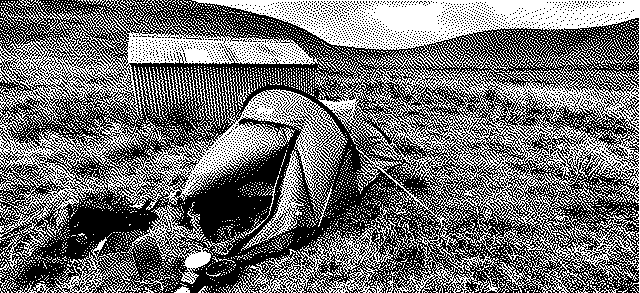3 advantages of consent-based decision making
Note: this builds on my earlier post about consent.
I’ve worked for a number of organisations over the years, in various different industries and sectors. Looking into an organisation as a consultant, though, is interesting because you begin to notice things that you’d perhaps miss if you’re trying to fit in and be there for the long-haul.
One of the things I notice is that there’s a direct correlation between how good an organisation is at making decisions, and how effective it is in achieving its goals. Organisations that have structures and processes for making good, timely decisions thrive. Others stutter and fail.
Many organisations default to hierarchical decision making: whoever is most senior in any given situation makes the final call. That can work, and it’s absolutely the quickest way of getting things done in an emergency. However, the downside is that it breeds resentment: do what you’re told or get out.
The opposite of the hierarchical approach is consensus-based decision making. This is usually seen as the ideal approach if your group has got time to mull things over and get everyone on board. It’s difficult to do well when you’ve got more than 10 people, though, and it’s easy for one or two people to derail the process.
In Sociocracy, groups (‘circles’) are encouraged to instead use consent as an approach to decision-making instead of the hierarchical or consensus-based approaches. In Many Voices, One Song, a book I’ve been reading recently, the authors explain why:
If we ask for unanimous decisions, we ask “do you agree?”, this question tends to focus people on their personal preferences. In consent, we ask “do you object?” and this question includes both the range of tolerance and the personal preference.
We don’t see consent as a watered-down version of consensus. In our experience, consent shifts the energy towards doing, instead of convincing others of our own viewpoint. To focus on the range of tolerance instead of personal preferences means to acknowledge that people’s experiences and perspectives are different and might remain different. With consent, we can still operate together, guided by a shared aim. (p.138)
Ted J. Rau & Jerry Koch-Gonzalez, Many Voices, One Song, p.138
The ‘range of tolerance’ is something which the authors explain as the difference between someone having a personal preference versus them objecting to something.
For example, let’s say there’s a vegetarian who doesn’t particularly like Brussels sprouts, so she never cooks them at home. However, she would eat them if served at a friend’s house for dinner. She has a personal preference rather than an objection.
Of course, business decisions tend to be bit more high-stakes than this, so let’s look at three advantages to consent-based decision making that the authors of Many Voices, One Song outline in their book:
1. Consent balances groups and individuals
With consent, individuals will not have as much power as they have in decisions requiring unanimity. On the other hand, with consent, a majority will not have power over a minority.
Ted J. Rau & Jerry Koch-Gonzalez, Many Voices, One Song, p.134
2. Consent allows for forward motion
It is easier to find common ground when working with the overlap of our ranges of tolerance. Once we have made a decision, we can carry out our plans and evaluate whether the changes bring improvement. Since we learn with every decision made (and we do not learn from decisions not made), every decision made gives us more options to learn and adapt to outside and inside changes. We use the slogan “good enough for now” to encourage groups to innovate and prototype quickly.
Ted J. Rau & Jerry Koch-Gonzalez, Many Voices, One Song, p.134
3. Consent is safe
Like a safety net, consent makes sure that no one can be ignored. If someone objects to a proposal, that person will be heard and the objection addressed. Thus, consent secures equivalence. The slogan here is “safe enough to try” which emphasizes that we only move when it seems safe – but then we don’t hold back.
Ted J. Rau & Jerry Koch-Gonzalez, Many Voices, One Song, p.135
I’m finding this approach increasingly valuable, and would encourage anyone interested in finding out more to come along to an introductory workshop run by Outlandish. They run them regularly, and beginners are very welcome!
This post is Day 38 of my #100DaysToOffload challenge. Want to get involved? Find out more at 100daystooffload.com

